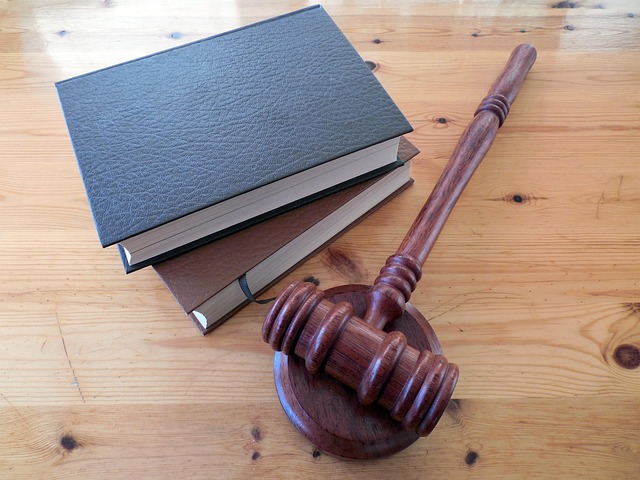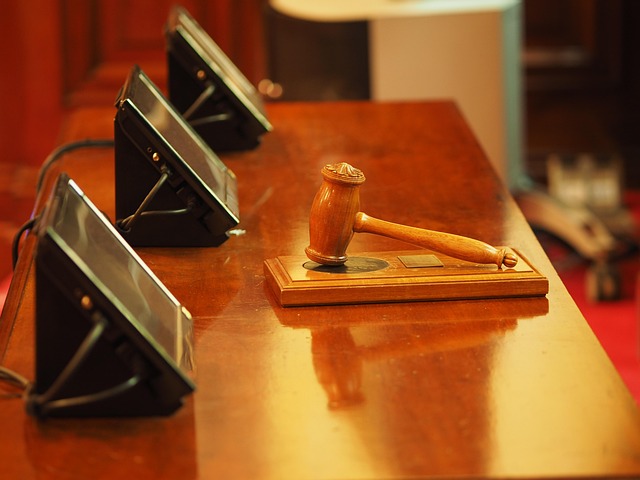RF Regulatory Agencies ensure wireless communication stability by enforcing standards, investigating violations like non-compliance and interference, and addressing disputes from partnership disagreements between corporate and individual clients. Common causes of these disagreements include misaligned goals, unclear roles, and differing management styles. Effective communication and structured dispute resolution are crucial to avoid RFRA involvement in criminal defense cases stemming from such issues.
RF Regulatory Agency investigations are pivotal in ensuring compliance with radio frequency (RF) standards, addressing safety concerns, and maintaining market integrity. This article delves into the multifaceted roles and responsibilities of these agencies, exploring common triggers for RF investigations, particularly legal and safety issues. Additionally, it navigates partnership disagements, highlighting strategies to resolve internal disagreements related to Common Causes of Partnership Disagreements, emphasizing proactive internal resolution as a key to success.
- Understanding RF Regulatory Agency Roles and Responsibilities
- Common Triggers for RF Investigations: Legal and Safety Concerns
- Navigating Disagements: Resolving Partnership Issues Internally
Understanding RF Regulatory Agency Roles and Responsibilities

RF Regulatory Agencies play a pivotal role in ensuring the smooth operation of wireless communication technologies. Their primary responsibility is to oversee and enforce regulations related to radio frequency (RF) devices, including their safety, performance, and compliance with established standards. These agencies are tasked with investigating potential violations, which often arise from issues like non-compliance with RF emission limits or interference between devices. Understanding these regulatory roles is crucial when navigating the complex landscape of wireless technology.
One of the common causes of disputes that lead to investigations is partnership disagreements, particularly in collaborations involving corporate and individual clients. These conflicts can encompass a range of issues, from technical miscommunications to disagreements over resource allocation and strategic direction. In cases of white-collar and economic crimes, RF Regulatory Agencies step in to investigate, ensuring the integrity of the industry and protecting consumers from potential harm.
Common Triggers for RF Investigations: Legal and Safety Concerns

RF Regulatory Agency investigations are often sparked by legal and safety concerns related to radio frequency (RF) technologies. The rapid advancements in RF devices, from smartphones to medical equipment, necessitate close monitoring. Common triggers include reports of non-compliance with emission standards, potential health risks associated with RF radiation, and instances where RF signals interfere with critical infrastructure or other licensed services.
Partnership disagreements can also lead to investigations, especially when there are disputes over intellectual property rights related to RF technologies. In cases involving complex regulatory environments, such as those in the telecommunications sector, misaligned interests between partners can result in legal battles that ultimately draw the attention of regulatory agencies. This is where white-collar and economic crimes come into play, as investigations may reveal fraudulent activities or misuse of licenses, leading to significant penalties and even jury trials for offending parties.
Navigating Disagements: Resolving Partnership Issues Internally

Partnerships are a cornerstone of many businesses, especially those operating in highly regulated industries. However, they can also be a source of significant internal tension, leading to disagments that may require investigation by RF Regulatory Agency (RFRA). Common causes of such disagreements often stem from misaligned goals, unclear roles and responsibilities, or differences in management styles. Addressing these issues internally is crucial before they escalate into formal investigations.
Effective communication channels and structured dispute resolution processes are essential tools for navigating disagements. Companies should establish clear protocols for handling conflicts, ensuring that all parties involved understand the importance of maintaining a harmonious partnership while adhering to regulatory standards. By fostering an environment where dialogue is encouraged and constructive solutions are sought, businesses can mitigate risks associated with high-stakes cases, including those involving philanthropic and political communities, and avoid the unnecessary involvement of RFRA in general criminal defense matters.
RF Regulatory Agency investigations are a critical aspect of ensuring compliance with legal and safety standards in the radio frequency (RF) domain. By understanding the roles and responsibilities of these agencies, recognizing common triggers for investigations, such as legal or safety concerns, and effectively navigating disagements through internal resolution, organizations can minimize risks and foster healthier partnerships. Addressing Common Causes of Partnership Disagreements proactively is essential to maintaining a harmonious working environment and avoiding costly regulatory interventions.






